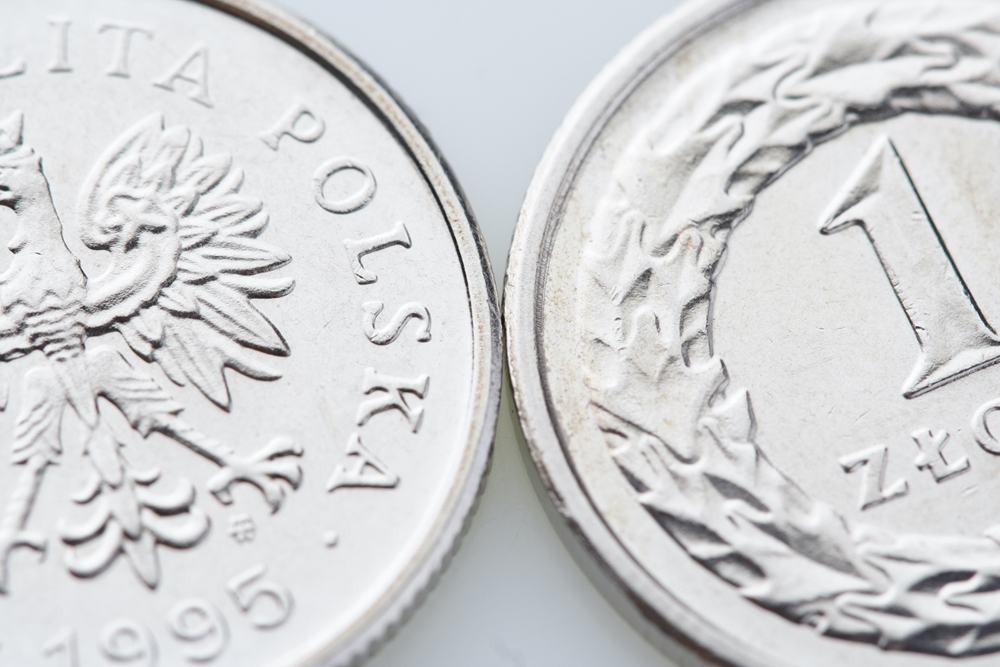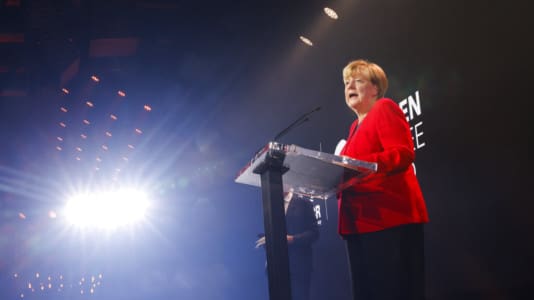Half of Poles who have a financial surplus do not invest this money, and if they do, it is mainly in bank deposits, this year’s edition of a study by Assay Group and Maison & Partners shows.
The report also indicates that about 57 percent of Poles have savings, the average value of which is €7,621 Euro (35,809 Polish zloty),
Compared to a study from July last year, the percentage of people who have savings increased by 1 percentage point and their value by 20 percent. Compared to results from 2021, the percentage of respondents who declared that they saved at least €6,385 (30,000 zloty) went up from 18 percent to 27 percent. However, half of respondents indicated that their savings could allow them to support themselves for no more than six months.
The high nominal growth of the average value of savings in just one and a half years would suggest that Poles are getting wealthier relatively quickly. However, CEO of Assay Group Łukasz Blichewicz commented that if Poland’s double-digit inflation is taken into account, the level of savings owned by Poles did not change substantially.
How Poles manage their savings is also interesting. Around half of them declared that they do not invest their financial surplus at all, and when Poles decide to invest their assets, they act very conservatively and “safely,” with most opting to invest in bank deposits. Only a small number of Poles who own savings decide to acquire investment fund participation units, invest in the stock market, or purchase treasury bonds.
The study shows that the main reason for this is not a common lack of interest in investing but a feeling of not having the required financial-economic knowledge or large enough sums of money to invest.
This year’s edition of the report also included the results of research conducted in Germany and Romania. It turns out that the average savings of Romanians is lower than that of Poles, at around €4,682, but savings owned by Germans is immensely higher, at around €78,749.
Despite these difference in savings between the three countries, they are all reacting the same to the current geopolitical situation, with all of them saving and investing less due to the war in Ukraine and high inflation.






